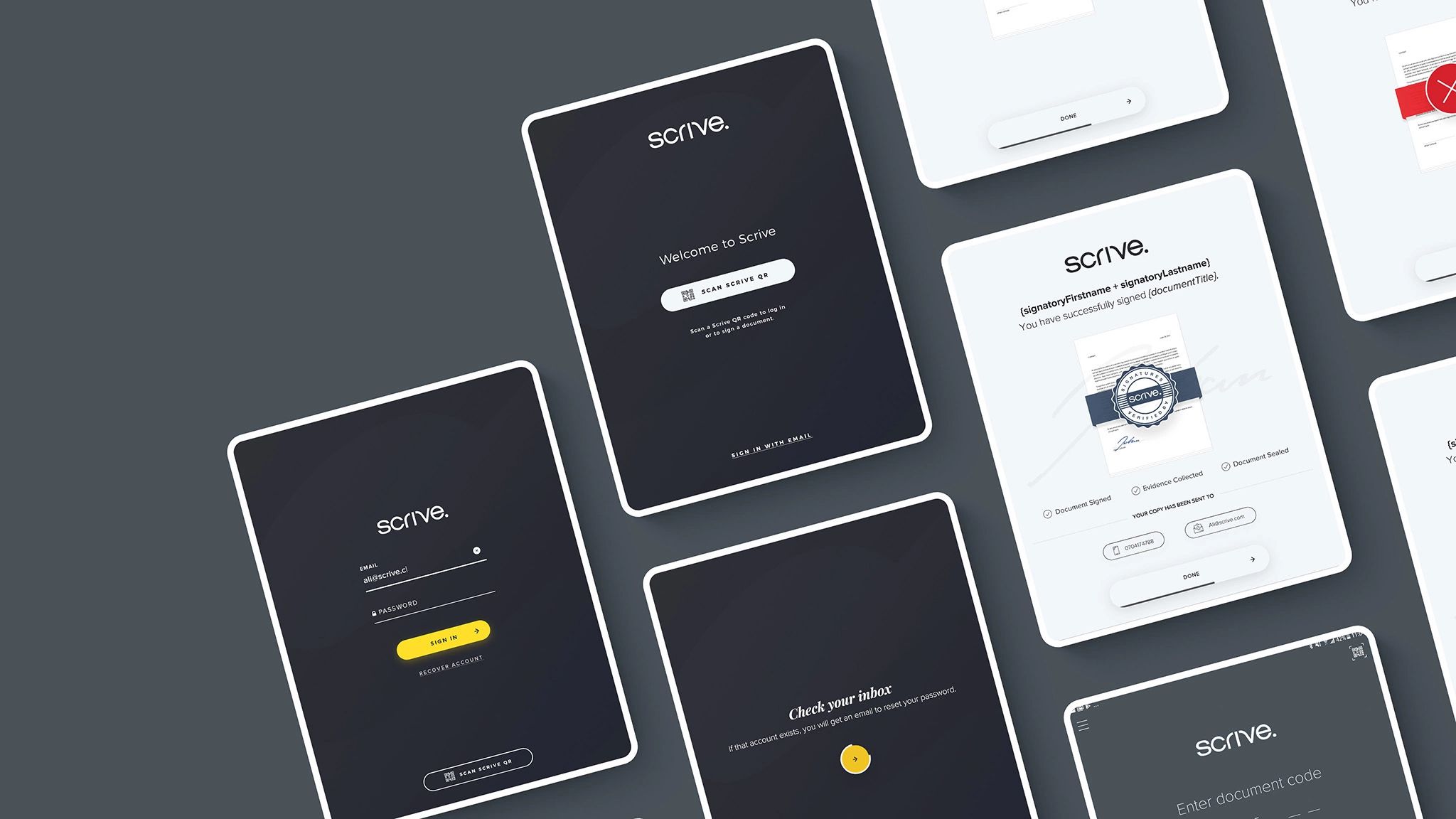Quality Assurance & Testing
Develop bug-free, high-performance and masterfully executed software applications thanks to manual and automated testing.
Why is software testing important for your business?
Experienced testers are familiar with the project’s risks early on, which helps you make better-informed business decisions. As late-found bugs or issues in a product can come at great financial costs, QA saves you time, money and reasons to worry.
Testers know how to empathise with your target audience and see your application through their eyes. They play out different roles depending on who’s your go-to customer: a child, an adult, or an elderly person. By using special methods and proven testing tools, it's easier to accomplish a quality product!
The product undergoes a rigorous analysis before it gets out into the world. We make sure it is as error-free as possible and that every component works perfectly. However, some issues may appear after the release, so we recommend ongoing QA support.
We recommend that a QA is present in each team and at every stage of the software development process. In the testing phase, we verify the accuracy of our solutions, identify errors, make necessary bug fixes, and then we double-check the final outcome.
One of the main reasons why users uninstall an app or give up on browsing a website is frustration caused by bugs. Five-star rated products are continuously improving user experience, and that's why QA is of utmost importance in the growth phase of your product.
Just like any successful product on the market, your software needs to meet the highest standards and live up to your target audience's expectations. Testing is a common practice to maintain the correctness of source code as well as guaranteeing a seamless customer experience.
… to initial assumptions. We know that the digital solution has to match perfectly with your business requirements. QA is your greatest ally and makes sure the project is satisfactory from your perspective.
It’s important to identify and correct vulnerabilities before they could lead to any unwanted consequences. Prevent system failures, workload slowdowns, data breaches, or various security issues with the help of a reliable QA provider.
Kamil Rzeźnicki
Chief Technology Officer
Quality Assurance & Testing services
Our best QA & Testing practices
It's important for Quality Assurance (QA) to understand the purpose and desired outcome of each feature at the beginning of a project. Business analysts typically translate the client's needs into technical language and create user stories, available from now on from the product’s backlog.

Successful development of a mobile e-signature solution
Scrive, a premium eSign enterprise based in Stockholm, reached out to hero/dot after an unsuccessful partnership with another software company. We upgraded Scrive's existing iOS application and delivered an Android application, taking full responsibility for the development of the product.
After 3 years of maintaining the apps, we also rebuilt them in Flutter. The result of the project is reflected in Scrive's market position, with over 6000+ customers in over 50+ countries and more than a million transactions processed per month.
QA & Testing Glossary
Here are a few useful definitions that may come handy once you start collaborating with us!
FAQs answered by our experts
Do I need to pay extra for Quality Assurance services?
Quality Assurance (QA) plays a crucial role in the software development process and is a service that requires investment in the time & material collaboration model. While the client can resign from QA services, this decision comes with risks. In this case, we take responsibility for the quality of the code, but not the overall quality. By choosing to invest in QA, you ensure that your product is thoroughly tested and meets high industry standards.

Is it possible to achieve a 100% bug-free application from the get-go?
One of the seven principles of testing is that exhaustive testing is impossible. And that’s very important. Testers make sure that all the acceptance criteria are covered – we call that happy path testing. For example, if your user wants to buy something online, we make sure that they can put the product in the basket, make a purchase, and pay for it successfully. However, some other errors can take place, but those that aren’t critical by default. These types of issues are typically solved by IT Support.

What’s the difference between a developer and a tester?
Developers run iterative tests to ensure that the features work properly, and not if it’s easy to use. It's like building a car; the engineer in the factory is responsible for building a functioning steering wheel, but doesn't get inside the car to see if it's easy for a driver to turn on the radio. That's simply not their job. It's the Quality Assurance (QA) that tests and determines the usability of a product.

Why are testers important in the IT team?
The presence of a tester supports a clear division of responsibilities within the IT team. We’re the link between developers, business analysts, and project managers. The tester knows best how the application is developed because they are the ones who’ve been present from the beginning, checking it and testing it. That is especially true when we work in Scrum and there’s a single tester in the team. They become experts on the product and are highly likely to answer any questions regarding the software, no matter who’s asking.

Does your software meet security standards?
Firstly, this is where the testers come into play, because security starts with the user, and we protect your software against malicious data entry. Secondly, there are certain standards that we have to meet and those that we want to meet. Some requirements are imposed by the client, but there are certain unwritten industry standards that we propose and recommend ourselves. In one project, penetration tests were done by an external company, and we passed them with flying colours!

When is it important to have a QA provider?
A responsible QA provider will ensure that testers are present at all stages of software development. Immediately after the project starts, QA verifies the correctness of a solution. Because of that, we make all the right decisions, saving you time and money. When the solution is ready, appropriate testing confirms that making it available to users is a safe business decision. For a product that already exists on the market, its stability and continuity of service are also (partially) a success of QA.

